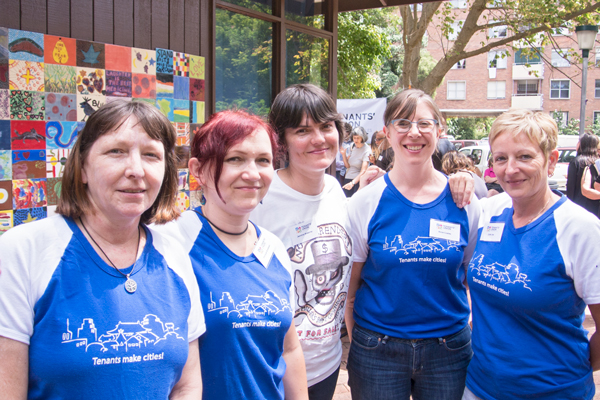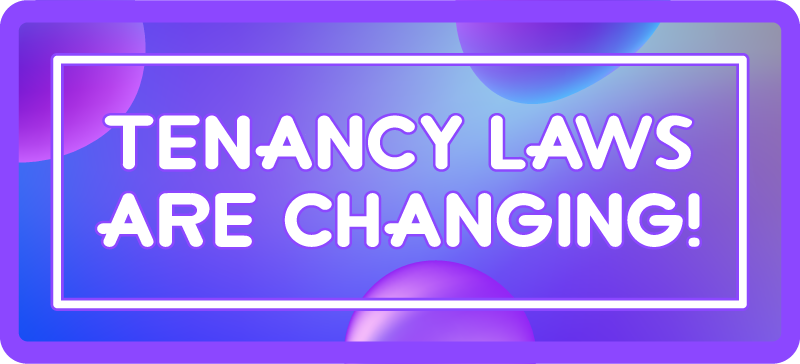A strong voice for tenants
12/09/2016
By Charmaine Jones, social housing tenant and Tenants' Union Treasurer

My first involvement with tenancy issues was not long after I became a public / social housing tenant. I realised there was a culture within housing at the time, where it was implied that tenants should “Shut up and be grateful.” Of course, I was infinitely grateful for my housing property, my home, but I didn’t feel that I had to shut up. Certain things needed to be addressed, especially in the community that I live in: a high-density, high-rise public housing estate.
So I got involved in some of the tenant participation activities that were happening in the social housing sphere, and then through those I was introduced to the Tenants’ Union of NSW and their work. What attracted me to the TU especially was not so much the work they did in the social housing sphere, but with private renters. Because the reason I was so grateful to have my public housing property was that as a single mother in the private rental market, my children and I had been shuffled from pillar to post. We would move into a place, then it would be put up for sale, or the owners would want to take possession for a family member, or the rent would increase to an unaffordable level. We would just get settled and then have to move on again. We were moving every six months. I have now been in my current place for about 20 years.
My initial contact with the TU was through David White, who was the Chair at the time. He later became my husband, so therefore there was a personal connection there, but he encouraged me to become a member. I then became interested in learning about the governance of community organisations, and it was suggested that the Board of the TU was a good strong Board. So I put my hand up to sit on the Board, partly because I believed strongly in the work of the TU but also because I understood it to be well-governed.
The TU’s mission and purpose is to ensure that tenants have a strong voice speaking on their behalf and advocating for their rights, and allowing them not to be the forgotten voice, the marginalised voice, which can so often happen to people living in a renting situation. The achievements I have seen over the years include the work done around the boarding house legislation and marginalised renters. That was a huge amount of work, with many, many people advocating for many, many years on behalf of boarding house tenants and marginalised renters. The TU made a concerted effort towards the end of that process and brought together many stakeholders; finally, we got some legislation that provides a measure of support and rights to boarding house tenants. It could be a lot stronger of course but it was better than what was there before, which was absolutely nothing.
The Tenants’ Rights Manual is another success. I have copies at home and in my office which, through our work with the Tenant Participation Resource Service, are well-thumbed. Very easy to read and understand, and a bible to all the Tenants Advice Services.
I think the work done around Aboriginal tenancies and with Aboriginal housing is another strong point. I think they are again another marginalised group of renters who could easily be forgotten. The TU has ensured that is not the case and has provided strong support, and has always ensured that Aboriginal renters have a space and a voice.
The TU’s role is important, and increasingly so with the current housing affordability crisis in Sydney. It’s critical, now more than ever, that there is advocacy around policies that affect housing affordability. I know the TU will continue to do that and hopefully, at some stage, all levels of government will take notice and start making the legislation and taxation changes needed to break a hole in that wall of unaffordability.



